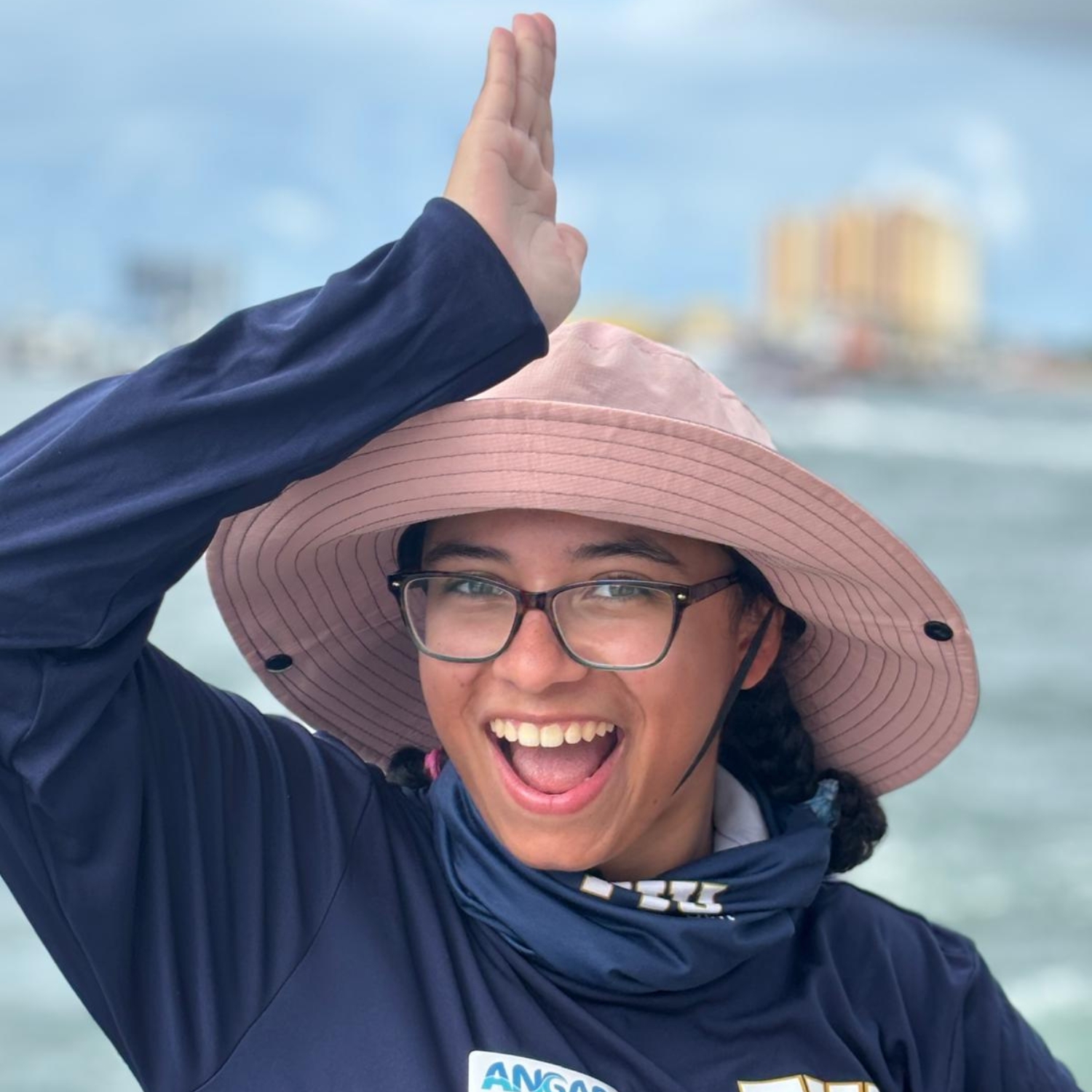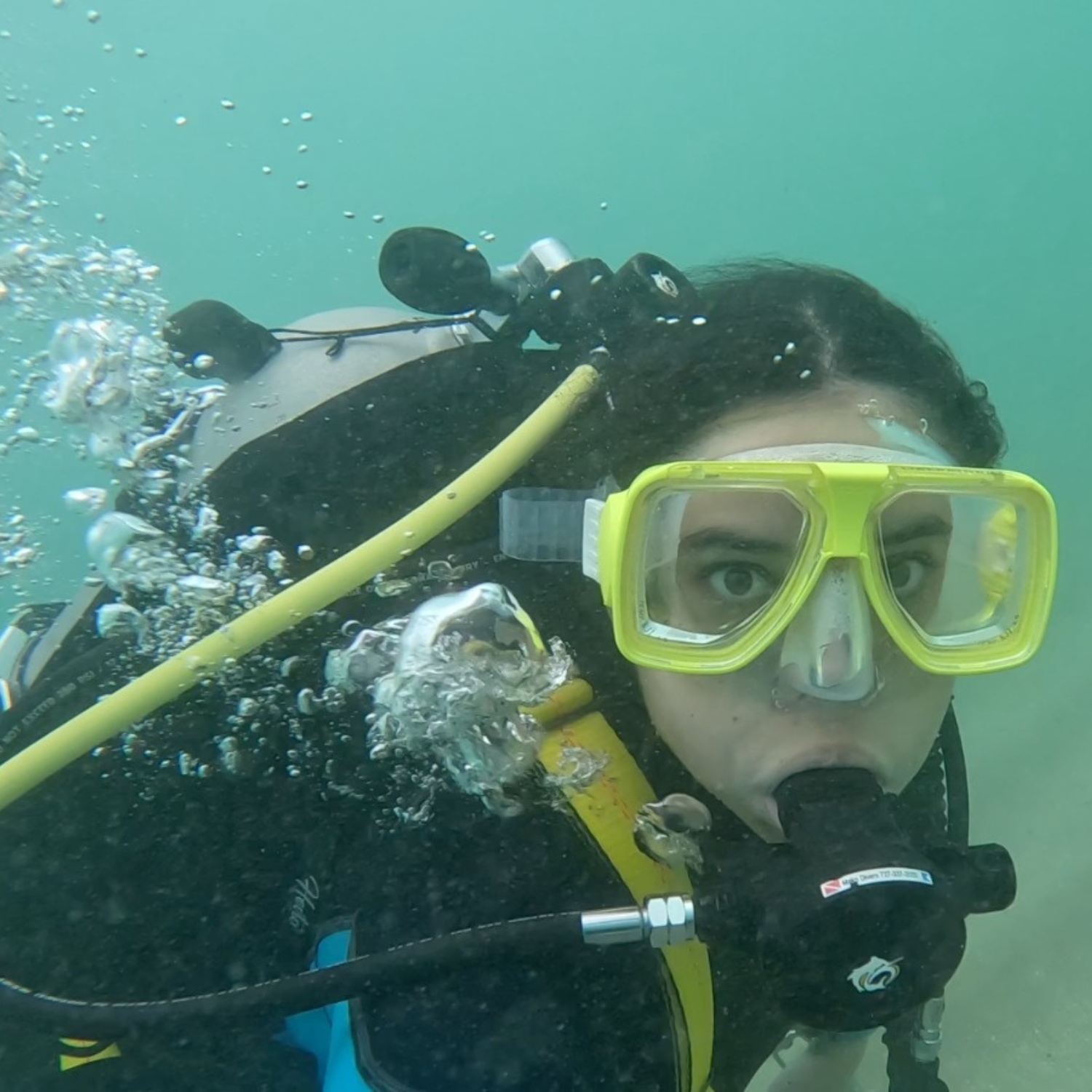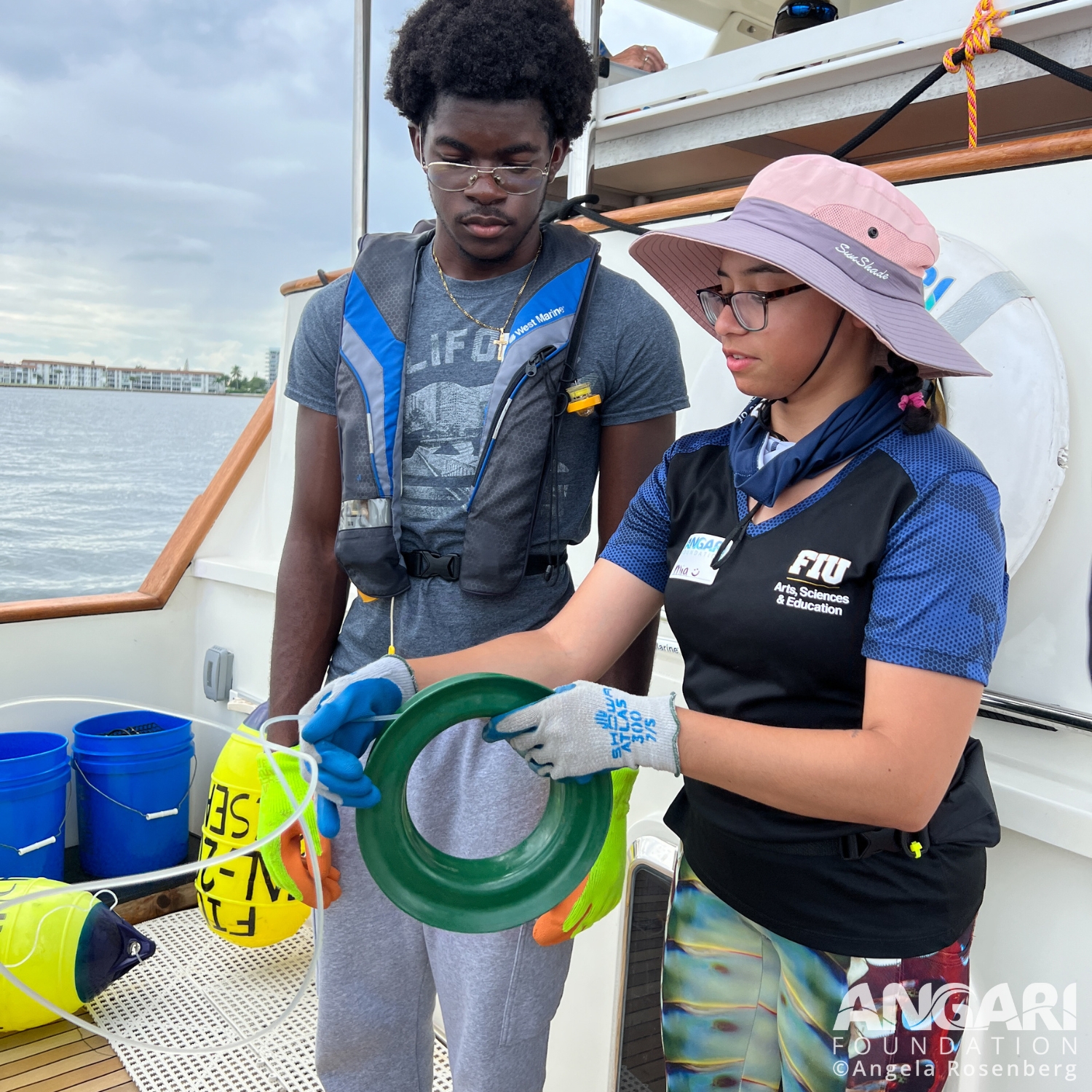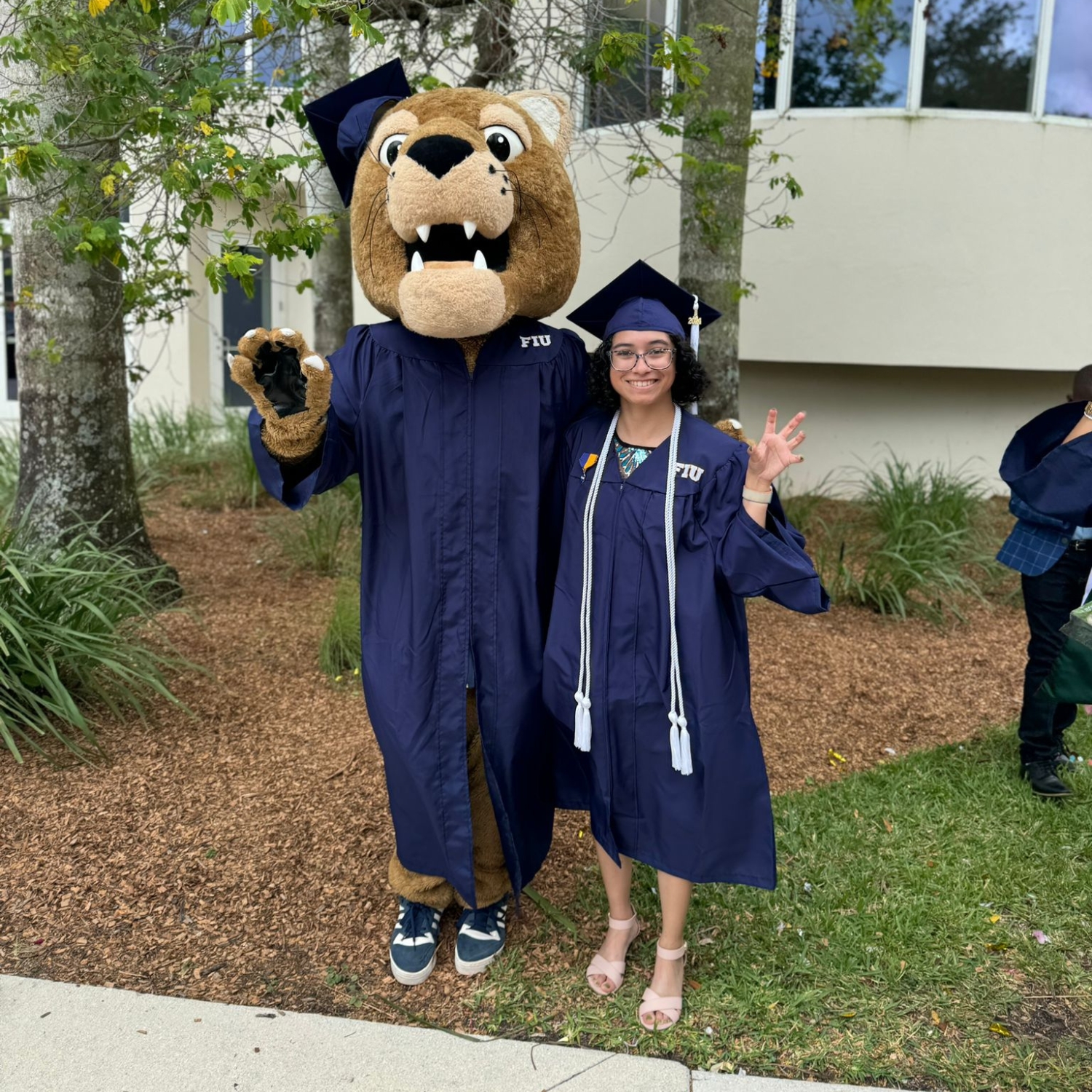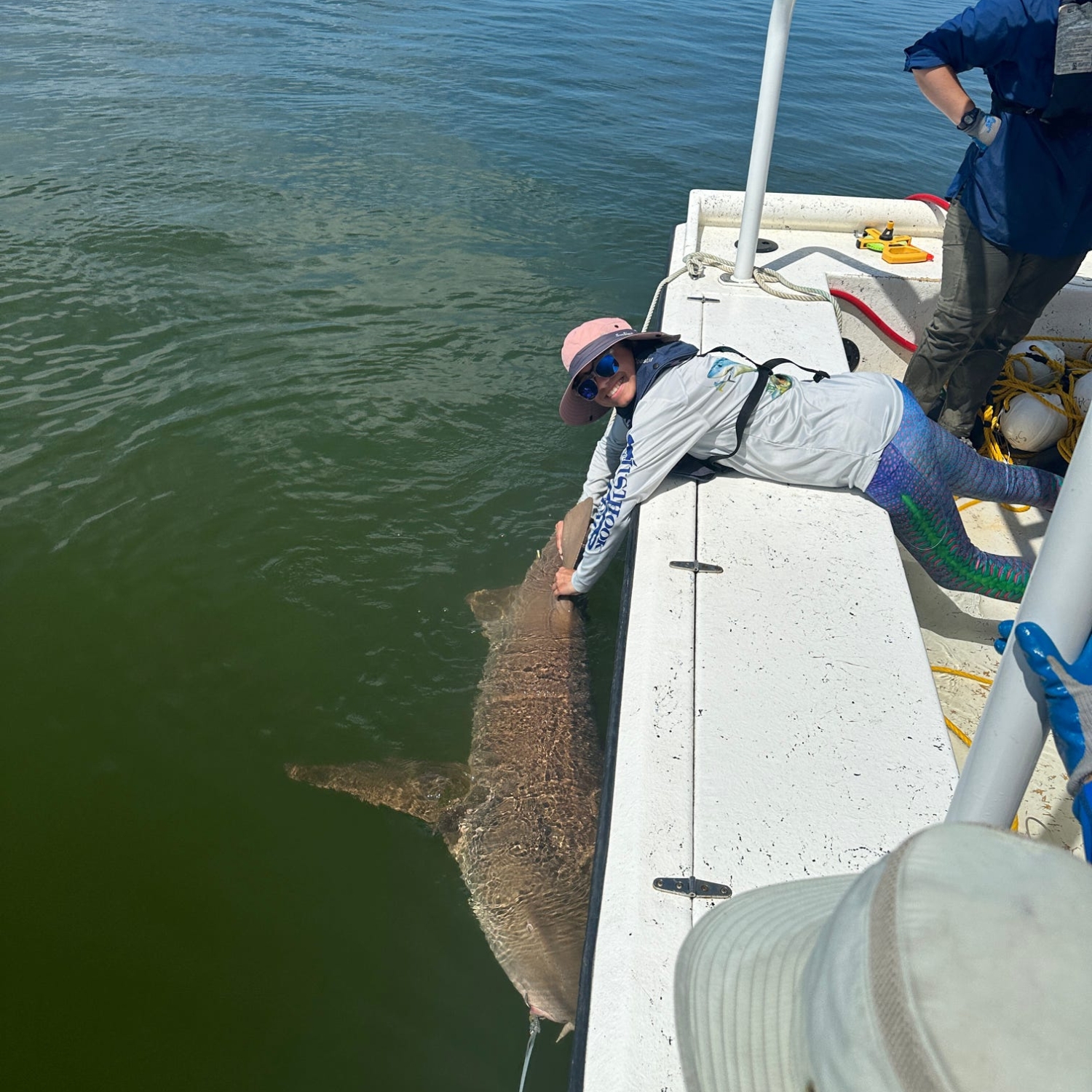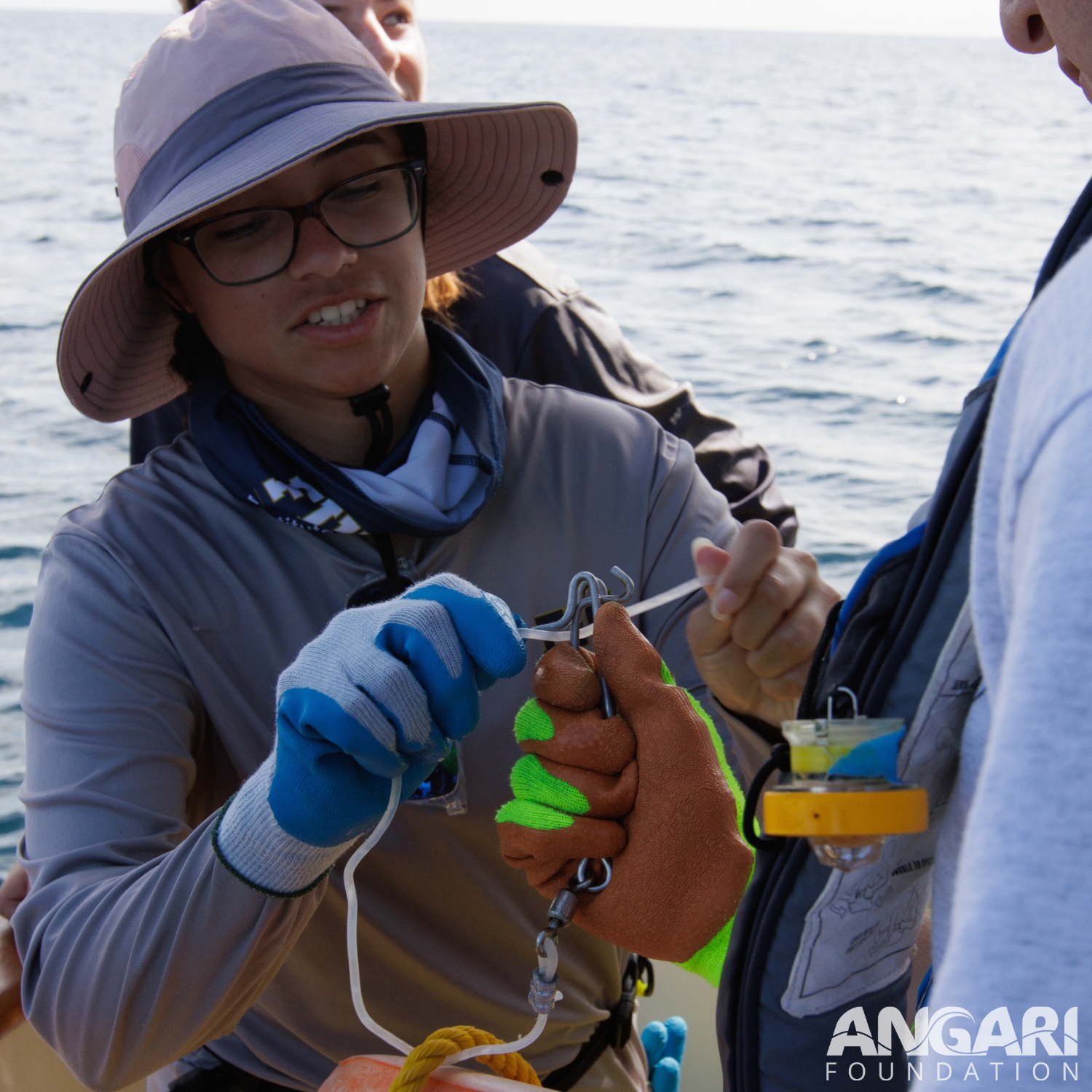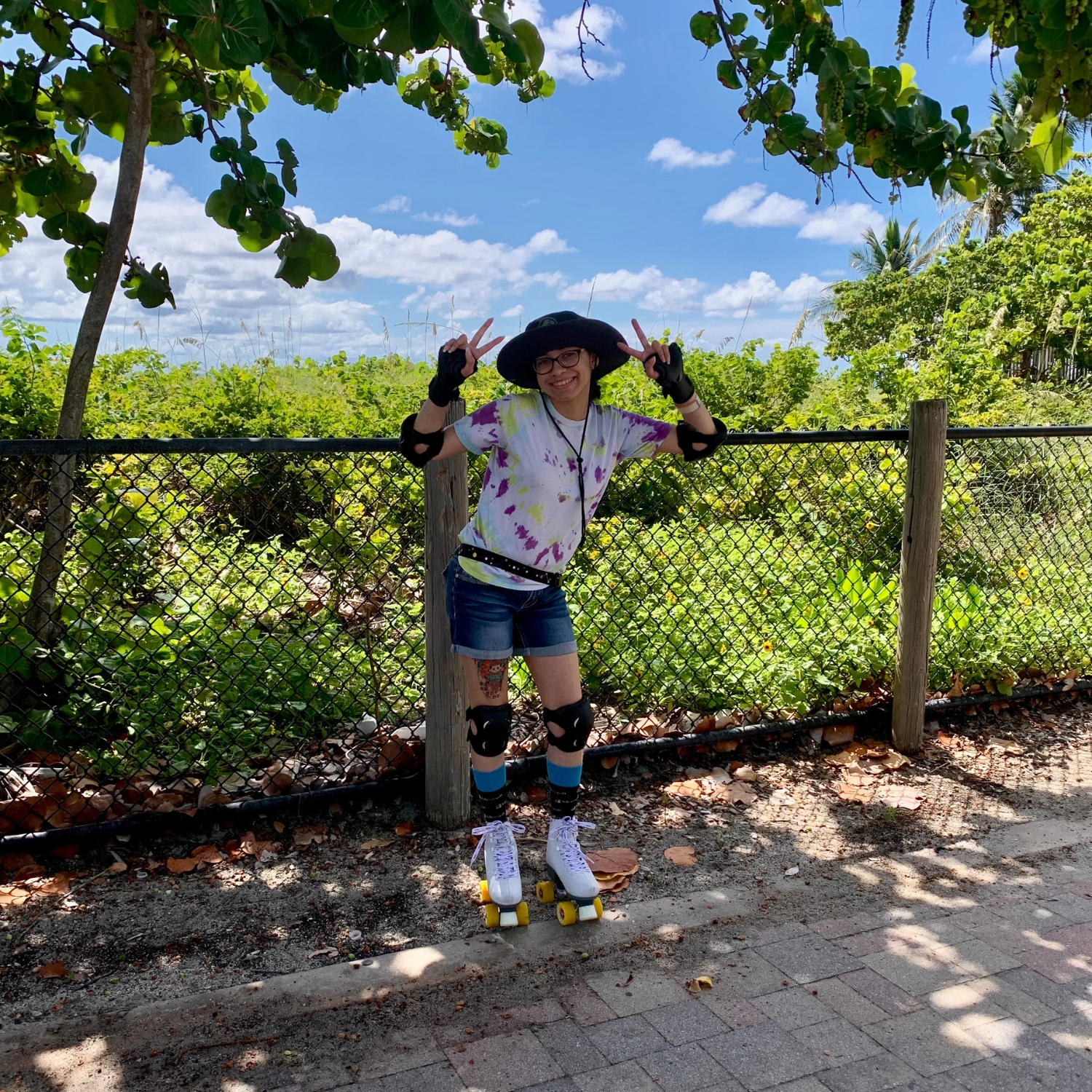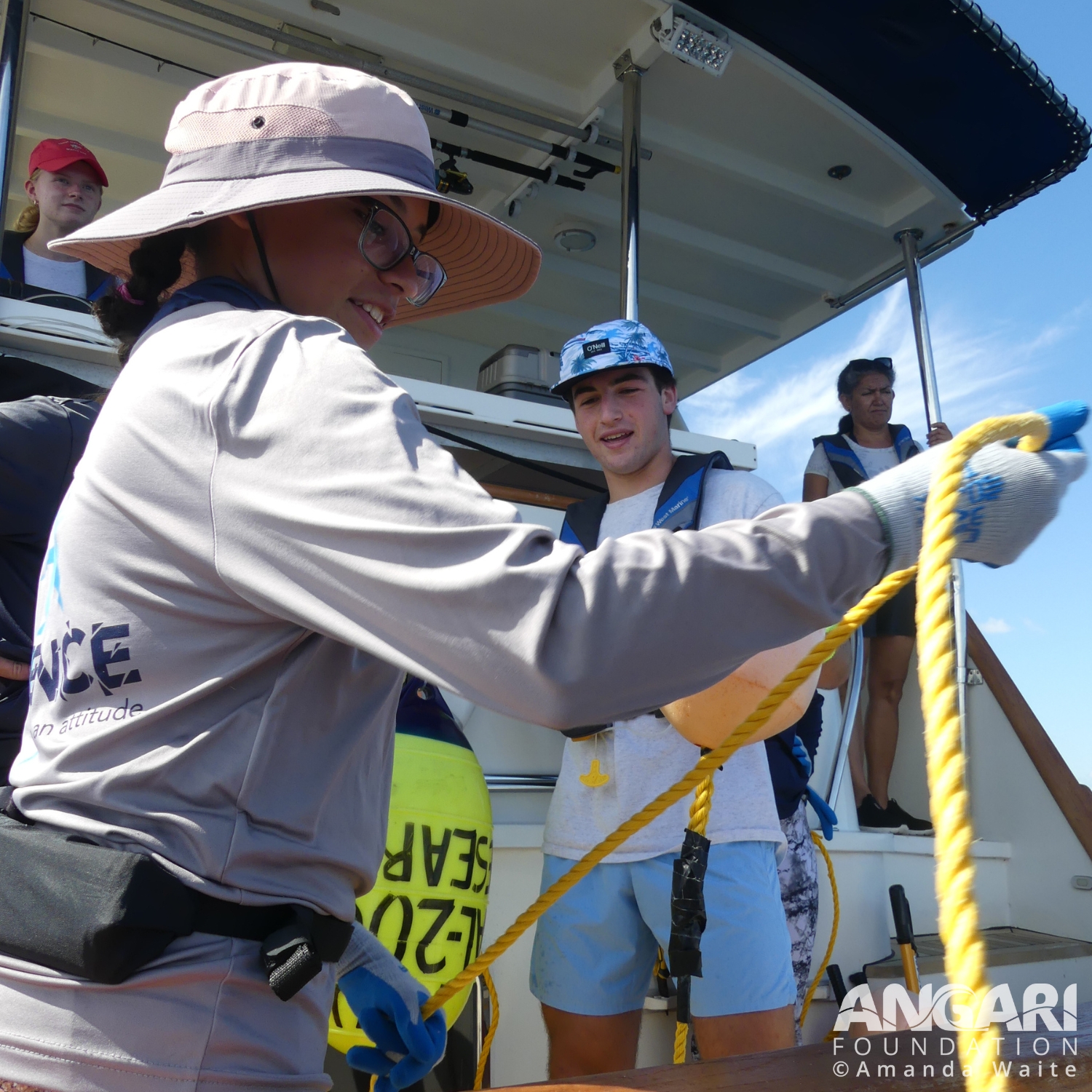

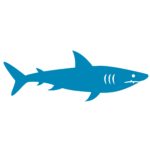
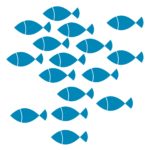
Meet Mia Gabb
I am a marine scientist with two bachelor’s degrees in Computer Science and Marine Biology from Florida International University (FIU). I was an FIU 2023 NSF Research Experience for Undergraduates intern, where I conducted research in the northern part of the Ten Thousand Islands in Rookery Bay. Through field experience, I analyzed shark species richness based on historical differences in salinity and habitat type. I also have field experience looking at fish diversity in a habitat gradient at Biscayne Bay as well as diel migration movements of crabs in hard bottom habitats in the Florida Keys. Most recently, I have been volunteering with FIU’s Marine Community and Behavioral Ecology Lab, assisting with shark research in Rookery Bay and the Everglades.
Born in Belize and raised in South Florida, the ocean has always been a part of my life. As such, I hope to continue the next chapter of my journey as a scientist by obtaining a graduate degree where I can continue contributing to research.
2024 B.S. Marine Biology, Florida International University
2021 B.S. Computer Science, Florida International University
Get To Know Mia
I am originally from Belize, but I grew up in South Florida for most of my life. I have been near the ocean my whole life and loved watching nature documentaries growing up, cultivating my fascination with the ocean and its many wonders!
Currently it’s a tie between two shark species, makos and threshers! I think both species are cute, but the speed of the mako and unique caudal fin of the thresher are fascinating traits to me.
My first bachelor’s was in Computer Science, which was due to participating in a high school summer program called Girls Who Code. The program opened my eyes to the field and its versatile skill sets I could learn, which FIU helped build upon. However, my true passion lies with the ocean, which led me to go back to FIU for a second bachelor’s in Marine Biology.
While a full-time student for both degrees, I worked part-time in higher education fields as an orientation peer advisor, advising student assistant and FIU Online. These jobs helped me develop my soft skills out of high school. Field focused courses and an NSF Research Experience for Undergraduates internship at FIU helped me gain valuable field experience. The internship then led to an involvement with the Marine Community and Behavioral Ecology Lab and the ANGARI Foundation. My dream job is to continue contributing to research through a potential government route with an organization like the National Oceanic and Atmospheric Administration, U.S. Environmental Protection Agency or Florida Fish and Wildlife Conservation Commission. I would love to continue field work that helps with monitoring marine ecosystems to further conservation efforts to protect these environments.
I definitely plan to attend graduate school! I recently have been taking a break post-graduation to gain field experiences to better determine what I’m interested in and figure out if I want to pursue a master’s or Ph.D. degree. Currently, I would be interested in studying something in the realm of ecology. Also, I have been enjoying working with predators like sharks and wouldn’t mind continuing to study them.
It can vary depending on classes, involvements, etc.! For me, I had classes Monday to Friday but mostly in the morning/early afternoon so I could use the time after to work shifts or get involved around campus. If I volunteered for field work, that could change my day depending how early I would need to wake up and how long I’d be in the field.
Education is an important tool for informing people (young and old) about the ocean and conservation issues it faces and to increase their interest and care. Education also helps us learn better, more efficient ways to help the environment and create those needed conservation policies.
The most rewarding part is seeing my personal growth over time as well as the opportunity to contribute to science. The most challenging part is the days when no sharks are caught despite fishing effort, but being able to develop my field skills regardless makes it a day not wasted!
As a recent bachelor’s graduate, I have been fortunate to continue my involvement with FIU’s Marine Community and Behavioral Ecology Lab. Through volunteering, I have assisted Ph.D. candidates with their field and lab work through shark fishing and stable isotope analysis prep.
I would tell them to go for it! Don’t be afraid to ask questions and admitting when you don’t know something, because everything is a learning opportunity. Be open to networking, from your fellow classmates to older students and your professors!
Meeting new people that I crew with for the day and hearing their stories and research really inspires me and drives me to keep learning to develop into a better scientist!
Interview conducted in November 2024

